Japan has long been recognized as a global leader in technological infrastructure, and its public WiFi connectivity is no exception. With millions of tourists visiting each year and a highly mobile domestic population, the country has invested heavily in ensuring seamless internet access across cities, transportation hubs, and even rural areas. The availability of public WiFi in Japan reflects both its commitment to convenience and its vision of a digitally connected society.
The Landscape of Public WiFi in Japan
Travelers to Japan often find themselves pleasantly surprised by the abundance of free WiFi hotspots. Major cities like Tokyo, Osaka, and Kyoto boast extensive networks, with coverage in train stations, convenience stores, cafes, and even public parks. The government-backed "Japan Connected-free Wi-Fi" app is a popular tool that aggregates thousands of hotspots, allowing users to connect with a single registration. This initiative has significantly eased internet access for foreign visitors who may not have local SIM cards.
Beyond tourist-heavy areas, Japan’s public WiFi extends to suburban and rural regions, though coverage can be spottier. Train lines, including the famed Shinkansen bullet trains, often provide WiFi services, ensuring productivity or entertainment during long journeys. Airports and bus terminals also prioritize connectivity, recognizing its importance for both business and leisure travelers.
Challenges and Considerations
Despite its widespread availability, Japan’s public WiFi isn’t without its challenges. Security remains a concern, as with any open network. While many hotspots require registration or passwords, users are still advised to exercise caution when accessing sensitive information. VPN usage is increasingly recommended, especially for those handling confidential data.
Another hurdle is the fragmentation of services. Different providers operate their own networks, leading to a mix of access methods—some requiring email sign-ups, others relying on social media logins. This can be confusing for newcomers, though efforts like the unified "Japan WiFi" initiative aim to streamline the process.
Cultural and Practical Impacts
The prevalence of public WiFi in Japan speaks to the country’s emphasis on hospitality, or omotenashi. For tourists, easy internet access means smoother navigation, instant translations, and the ability to share experiences in real time. Locals, too, benefit from the convenience, whether for work, study, or staying connected with family and friends.
Interestingly, Japan’s WiFi policies also reflect broader societal values. Privacy concerns have led to regulations that limit data collection, and many networks automatically disconnect after a set period to prevent misuse. These measures balance convenience with responsibility, a hallmark of Japan’s approach to technology.
Future Developments
Looking ahead, Japan continues to innovate in public WiFi. The rollout of 5G is expected to complement existing networks, offering faster speeds and greater reliability. There’s also growing interest in expanding coverage to less populated areas, bridging the digital divide and supporting rural tourism.
Smart city projects in places like Tokyo and Fukuoka are integrating WiFi into urban planning, embedding connectivity into public spaces as a fundamental utility. Such initiatives position Japan as a model for other nations striving to build more accessible digital environments.
In summary, Japan’s public WiFi ecosystem is a testament to its technological prowess and cultural priorities. While not perfect, it sets a high standard for accessibility and user experience, continually evolving to meet the needs of an interconnected world.

By Grace Cox/Apr 14, 2025

By Emma Thompson/Apr 14, 2025
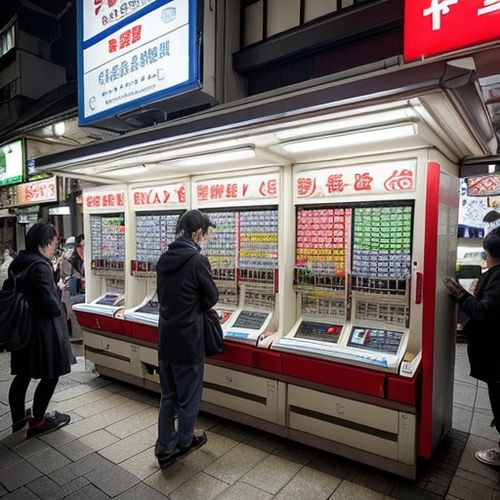
By Daniel Scott/Apr 14, 2025
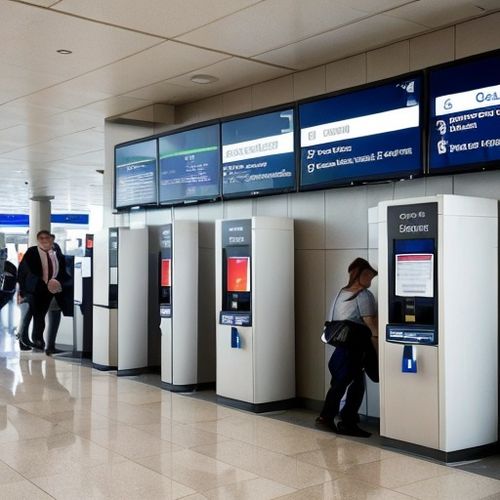
By Rebecca Stewart/Apr 14, 2025

By Emily Johnson/Apr 14, 2025

By Megan Clark/Apr 14, 2025
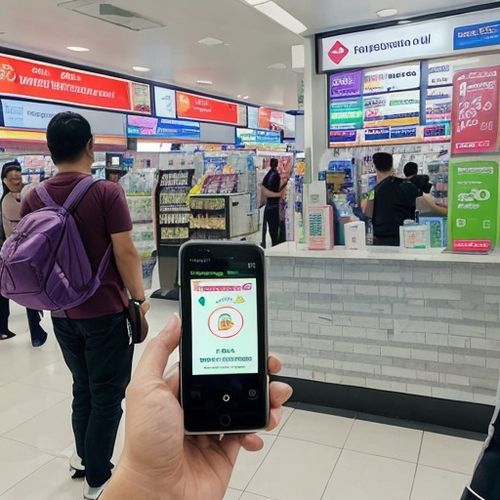
By Emma Thompson/Apr 14, 2025
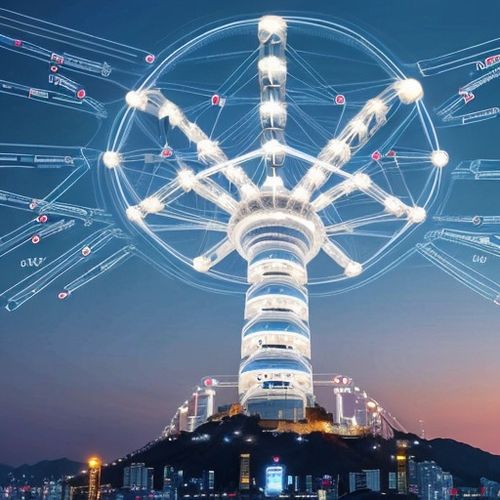
By Grace Cox/Apr 14, 2025
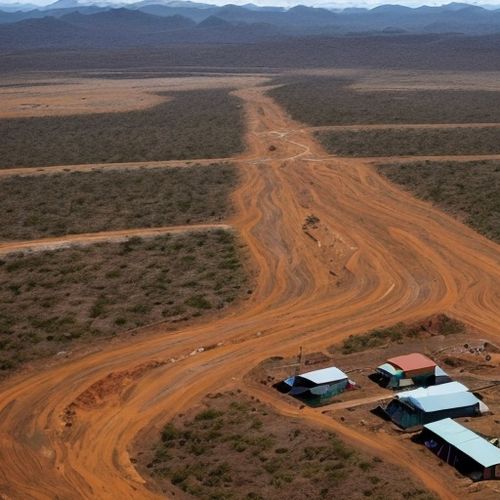
By Christopher Harris/Apr 14, 2025
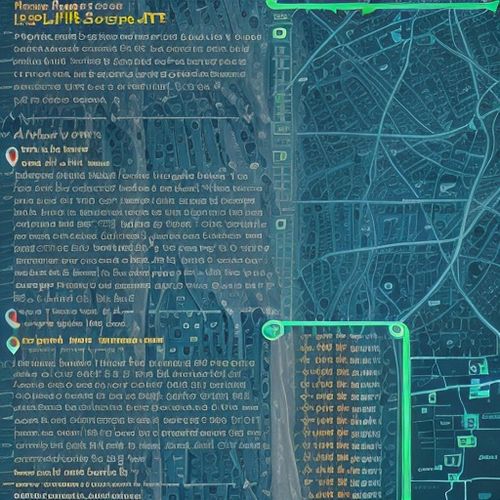
By Joshua Howard/Apr 14, 2025
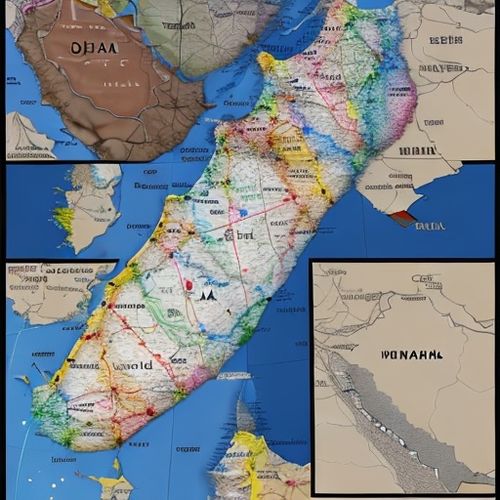
By Noah Bell/Apr 14, 2025

By Grace Cox/Apr 14, 2025
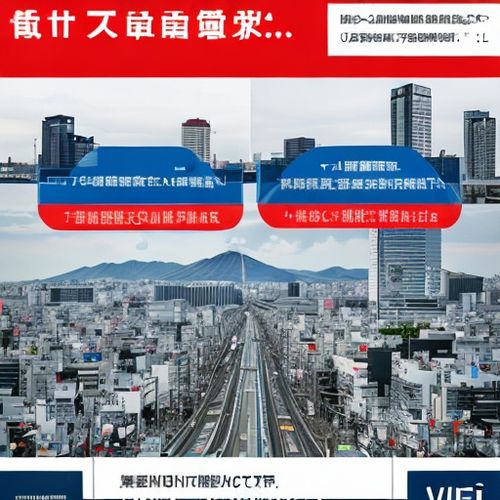
By Joshua Howard/Apr 14, 2025

By Victoria Gonzalez/Apr 14, 2025

By Grace Cox/Apr 14, 2025

By Christopher Harris/Apr 14, 2025

By Lily Simpson/Apr 14, 2025

By Laura Wilson/Apr 14, 2025

By Michael Brown/Apr 14, 2025

By Noah Bell/Apr 14, 2025